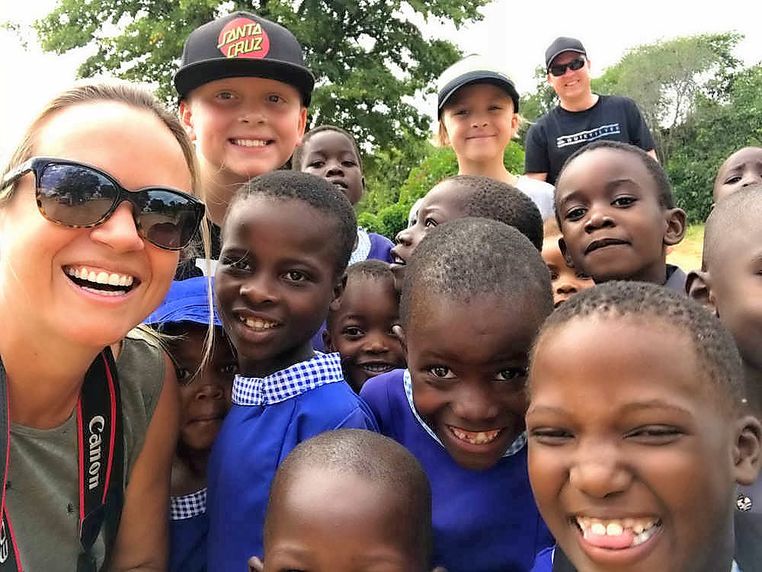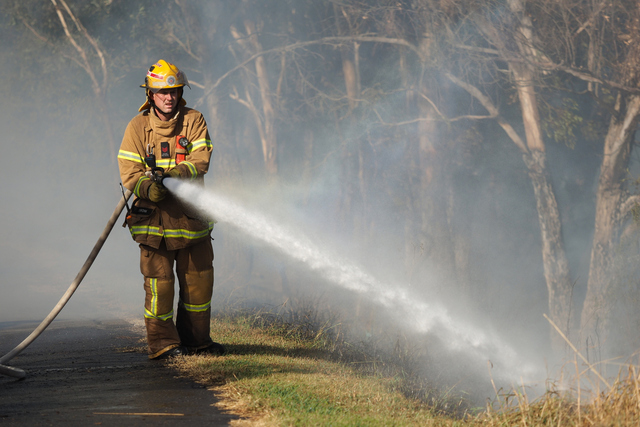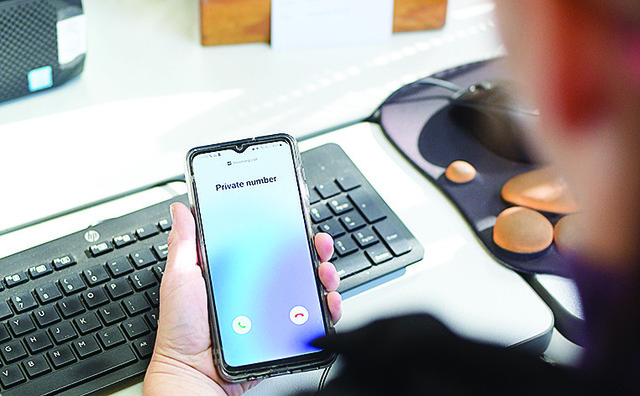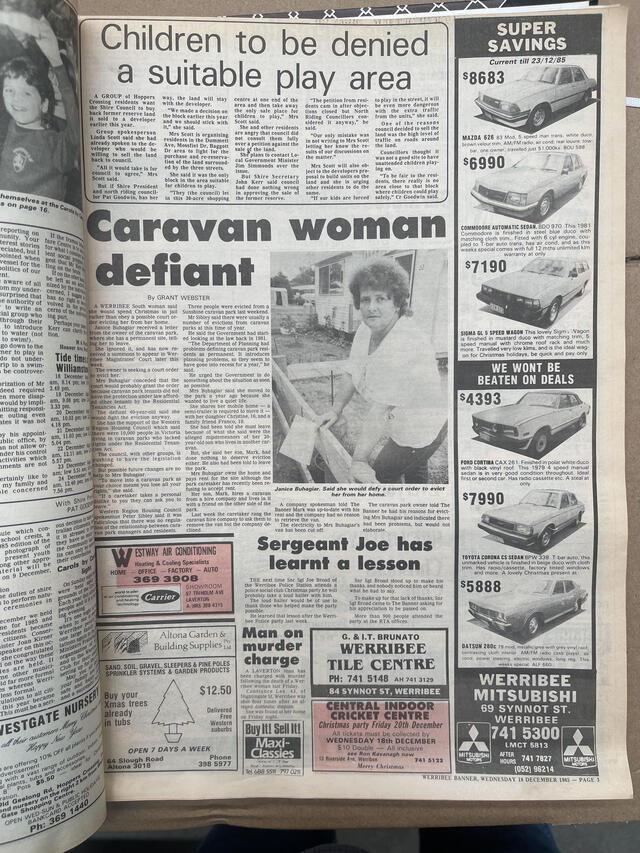From stationery to shoes, a Werribee family is doing all they can to help people living in Zimbabwe.
In April last year, parents Grant and Jacinta Krueger and their sons Khody, 12, and Owen, 10, went on a trip to Zimbabwe.
Before leaving, the boys collected items to donate to school students in the rural Zimbabwian community of Mambanje, working with the Pack for a Purpose program, which encourages travellers to take valued supplies to poorer countries.
The family ended up collecting more than 40 kilograms of stationery, with the boys giving talks at Westbourne Grammar School, retirement villages and a sports club to drum up donations.
While at a school in Mambanje, Owen noticed that most of the children’s shoes were falling apart. So once back in Australia, the family embarked on a mission to collect footwear to send to Mambanje.
They collected more than 300 pairs of shoes, another 20 kilograms of stationery and several other items donated by community organisations and Wyndham residents.
The family-run Krueger Transport Equipment business is also helping to provide “cattle bomas” out of recycled materials to place around livestock at night.

They stops lions attacking cattle belonging to African farmers – which, in turn, stops farmers killing the lions preying on the animals.
Khody and Owen have raised $2500 through selling chocolates and used toys to help pay shipping costs for a container – full of shoes, stationery, cattle bomas and other items – bound for Zimbabwe.
“Polyweld Trailer Curtains provided all the material for the cattle Bomas, Linfox Australia donated a 40ft Shipping container to be left in Zimbabwe and Beau Morgan from NMT Shipping donated his time to arrange the shipping side of things,” Mrs Krueger said.
“We could not have done this without our local community and we could not believe how generous our community was. We had so many different people donate different items.
“We even had one lady (Martha Tomlinson) from The Grange Retirement Village donate 2 almost new medical beds to be used for the women in the community of Mola.”








